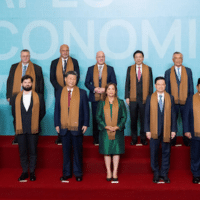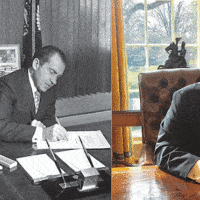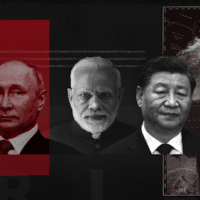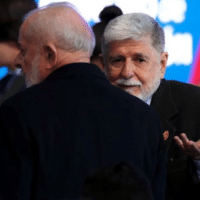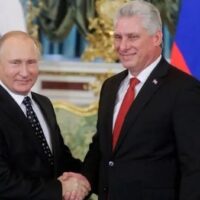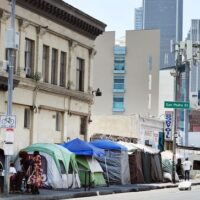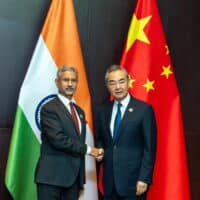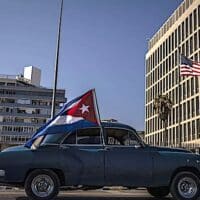-
From export-led to consumption-led growth?
A CHORUS of “establishment” voices, from consultancy firms to the financial press, has been demanding a boost to domestic consumption as a means of reviving the flagging growth rate of the Indian economy. The latest to join this chorus is the Reserve Bank of India which in its latest Bulletin has asked for a boost to consumption to “rekindle the animal spirits” of the “entrepreneurs” in the economy.
-
Overproduction: The absurdity of suffering amidst surpluses
A popular coal-miner’s riddle from the 1930s summarizes one of capitalism’s most visible and absurd contradictions. After a daughter asks her father why their home is so cold, he tells her they don’t have any money to purchase coal.
-
The curious case of strengthening dollar, falling rupee
The primary cause of the rupee’s depreciation is the preference of the Indian rich to hold their wealth in the form of U.S. dollars rather than in Indian rupees.
-
Washington funnels more than $22 billion in military support to Israel’s genocidal war machine since October 2023
Over all, Washington has provided the regime with $310 billion in military and economic aid, which has been regularly adjusted for inflation, according to the Council on Foreign Relations, an American think tank.
-
BRICS expands with 9 new partner countries. Now it’s half of world population, 41% of global economy
BRICS keeps expanding, adding 9 partner countries in January 2025, after admitting 4 new members in 2024. It now makes up roughly half of the global population and more than 41% of world GDP (PPP). It’s an economic powerhouse, with top producers of key commodities like oil, gas, grains, meat, and minerals.
-
U.S. credit card defaults at highest level since Great Recession
Credit card defaults in the U.S. reached their highest level since the 2008 financial crash during the first nine months of 2024, according to figures compiled by BankRegData and cited in a recent Financial Times article.
-
A tale of two summits: U.S. influence on the decline as China and BRICS on the rise
The United States is continuing its economic battle against China in South America. However, its influence in the region is in decline as nations seek alternatives in order to forestall U.S. hegemony.
-
From Nixonomics to Trumponomics
The 50-Year Evolution of the GOP.
-
The Kazan summit of BRICS
The BRICS declaration presumes that the international institutions in their current state are flawed because they are dominated by imperialist countries and are not representative enough; but they are flawed because their very essence is flawed, no matter how they are governed.
-
Brett Christophers on our growing ‘asset-manager society’
Many people now live in homes and rely on infrastructure that are owned by pension funds, insurance companies, and banks.
-
Why Brazil opposes Venezuela’s BRICS membership
The 16th Summit of the BRICS organization is taking place this week in the Russian city of Kazan. President Nicolás Maduro was invited by the Russian president himself, Vladimir Putin, at the beginning of August, and is attending with a Venezuelan delegation.
-
The dialectics of wealth and poverty
THIS year’s Nobel Prize in economics (the Riksbank Prize to be more precise) has been awarded to three U.S.-based economists for their research into what promotes or hinders the growth of wealth among nations; and they assign a crucial role to institutions, arguing that western institutions like electoral democracy are conducive to growth.
-
Cuba requests entry into the BRICS
On Monday, the Director of General Affairs of the Cuban Foreign Ministry, Carlos Pereira, announced that his country had requested to join BRICS+.
-
FTC orders Mastercard to answer questions about its data collection & monetization practices
Credit card data is extremely valuable for companies aiming to predict how people will spend money in the future. Knowing how much people spend, where and on what day says a lot about consumers’ financial situations.
-
U.S. gives Israel $8.7 billion in military aid for operations in Gaza and Lebanon
The new aid comes as the U.S. claims it’s pushing for a ceasefire in Lebanon.
-
People have a right to housing because they have a right to live
Vice President Kamala Harris promises to build three million affordable houses if elected president.
-
They’re trying to pass laws to make dark money even darker
CounterSpin interview with Steve Macek on dark money.
-
Winds of change in India-China relations
There is an expectation that Prime Minister Narendra Modi would prioritise a historic turnaround in India’s relations with China as a legacy of his 15 years in power. Things are indeed moving in such a direction.
-
Cuba tells the United States there is only one Cuba
Far from being a sign of the U.S. government softening its economic and financial siege on Cuba and contributing to help Cuba’s private sector, this new policy attempts to destroy the core of the ideological makeup of Cuban socialism.
-
Government debt is symptom, not cause
Developing country governments are being blamed for irresponsibly borrowing too much. The resulting debt stress has blocked investments and growth in this unequal and unfair world economic order.

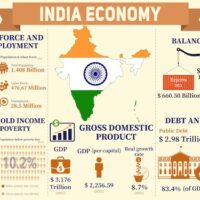
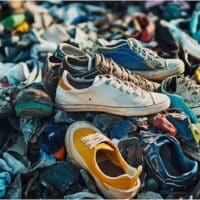
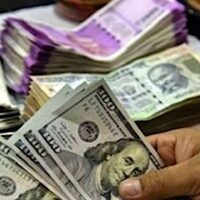

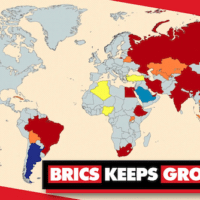
![A customer uses a Visa credit card to pay for gasoline at a gas station in Mundelein, Ill., Feb. 8, 2024. [AP Photo/Nam Y. Huh]](https://mronline.org/wp-content/uploads/2025/01/ed546e6707c614d277e599e3a9c65001b6779e9e-200x200.png)
